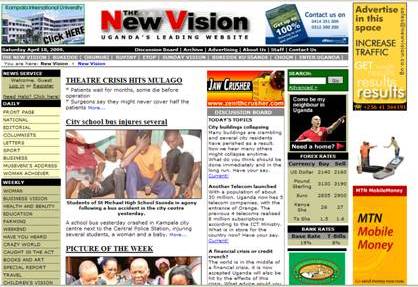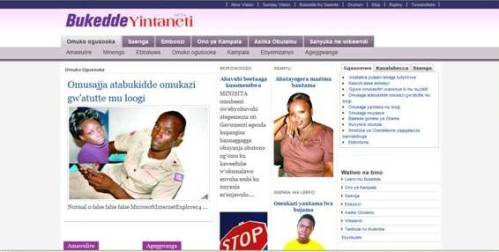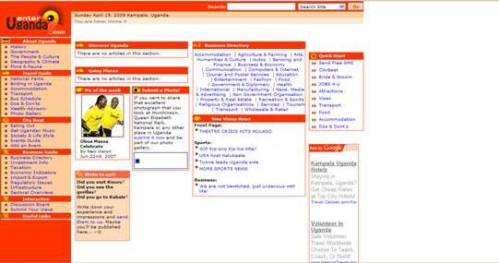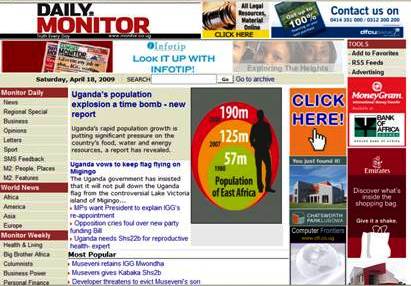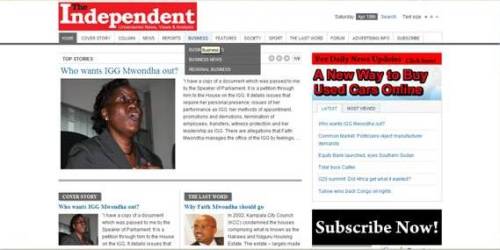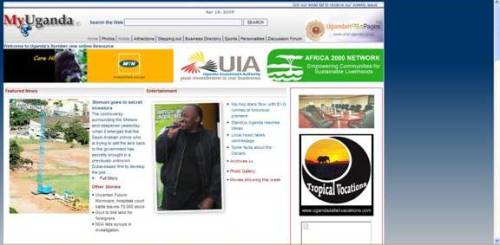Monday, 27 April 2009 By The Independent
Last year’s Parliamentary elections in Rwanda put the country in the international limelight for bringing in more than 50 percent of women legislators, the highest on the globe.
As Rwanda made this historical record in gender representation, it also put a show of their technological advance in an election that gave more support to the ruling party Rwanda Patriotic Front (RPF).
Past elections coverage in the country have been very much like in many African countries, with citizens getting results after several days and few monitoring what went on across the country.
To avoid election malpractices like ballot stuffing and defective data transmission and tallying that have tainted African elections, Rwanda became one of the few countries on the continent to use Internet Protocol Teleconferencing technology. Using this high tech, the national television- Rwanda Television (RTV), provided live transmissions of parliamentary polls from four areas from upcountry stations.

The Rwanda Information Technology Authority (RITA) provided the technology that enabled RTV to get live polling, views and comments from ordinary Rwandans at different polling stations in four districts of Rwamagana, Huye, Musanze and Karongi.
This was seen as an outcome of the ongoing process to use ICT to ensure good governance and transparency and in general advancement of democracy.
But the use of ICT to enhance transparency and good governance has not only been limited to the election monitoring. Most meetings in public institutions in Rwanda are using this type of technology to enable video conferencing and to avoid the burden of travelling from one office to another.
It is such improved ICT presence in government organs that has reduced red tape in Rwanda hence improving governance and business environment.
The country’s pledge to use new technologies saw it host the 3rd annual African e-government Forum 2009 last month jointly organised by the Commonwealth Telecommunications Organisation (CTO) and the Ministry in Charge of Science and Technology in the President’s Office.
E-Government, the use by government agencies of information technologies such as Wide Area Networks, the internet, and mobile computing in the day-to-day running of the country and the Rwandan government through RITA sees it as paramount.
The country has moved to set e-Cabinet, e-parliament projects to ensure all proceedings move from being paper based into soft copies that can be easily accessible and manageable.
The E-Government Unit is assigned to execute the deployment and promotion of the utilisation of ICTs to support the operations and activities of the civil and public services. This is part of a commitment to the transformation of civil and public service to facilitate administrative cost reduction and promotion of efficiency in the delivery of Government services.
